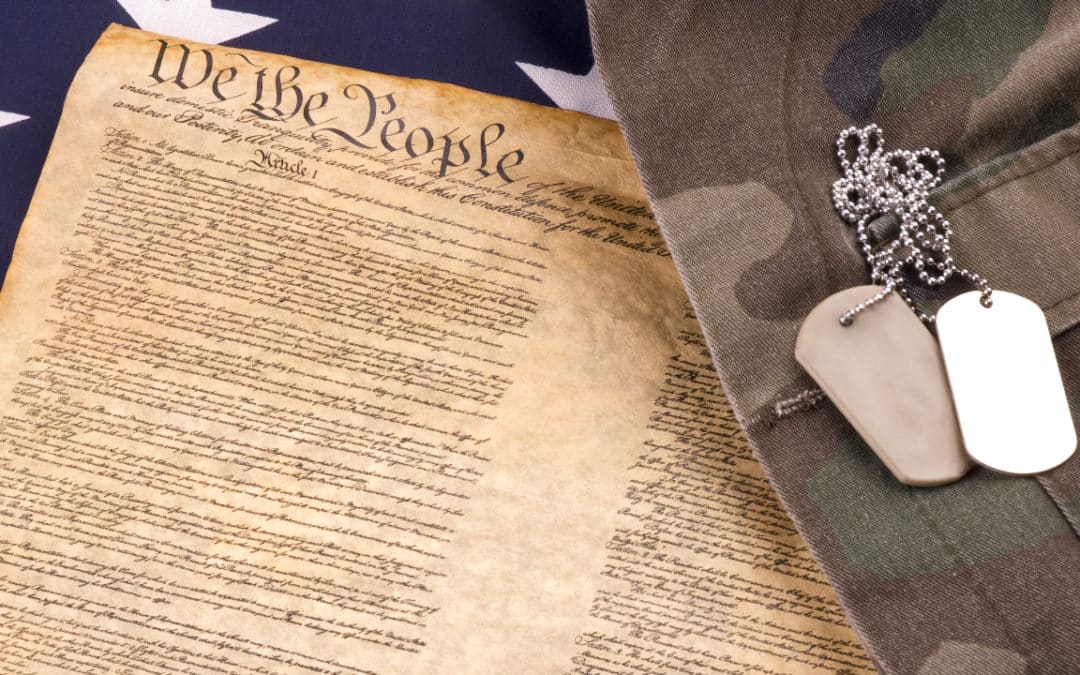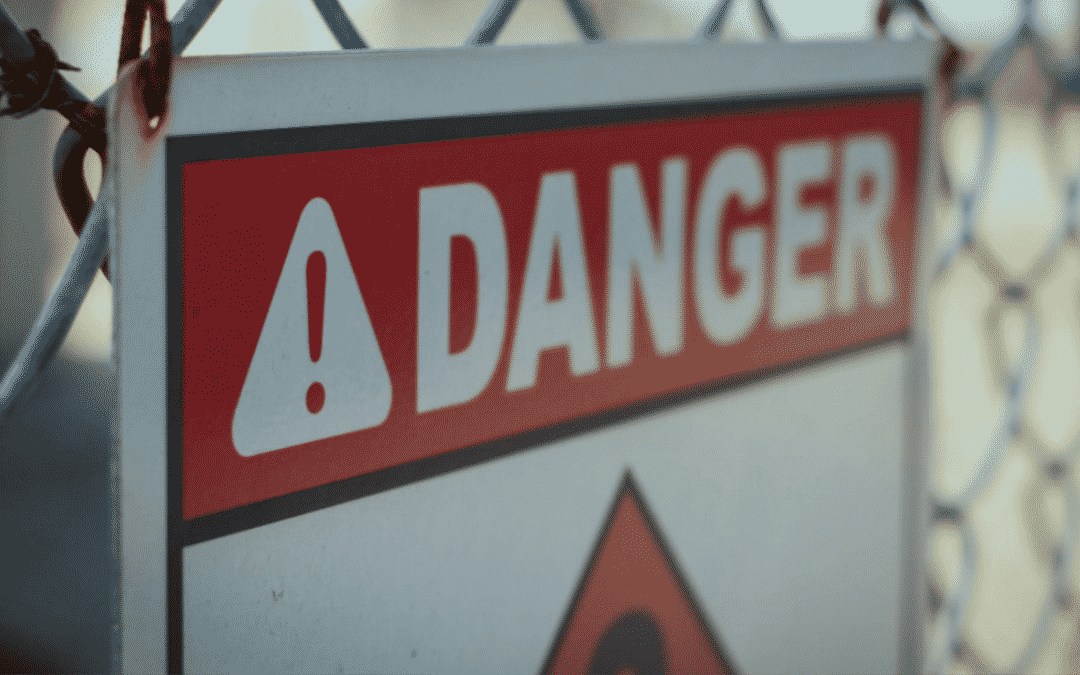

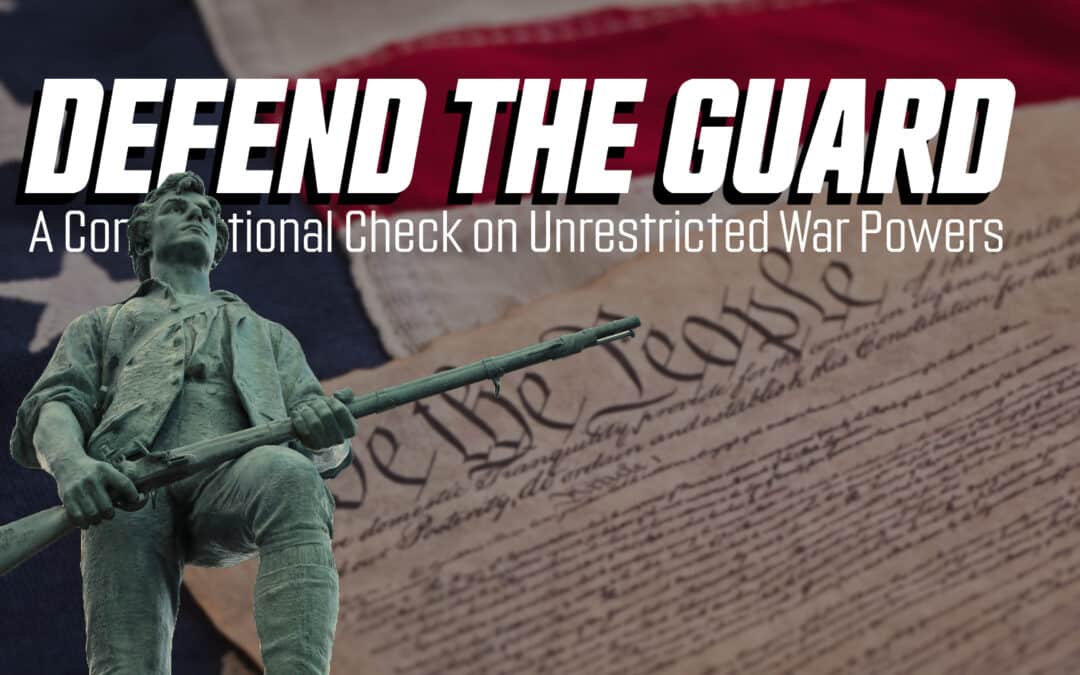
Defend the Guard: A Constitutional Check on Unrestricted War Powers
Presidential administrations come and go but the war machine churns relentlessly on. “Defend the Guard” legislation can throw a monkey wrench in its cogs. Defend the Guard is a state-level bill that would stop the deployment of a state’s National Guard units unless...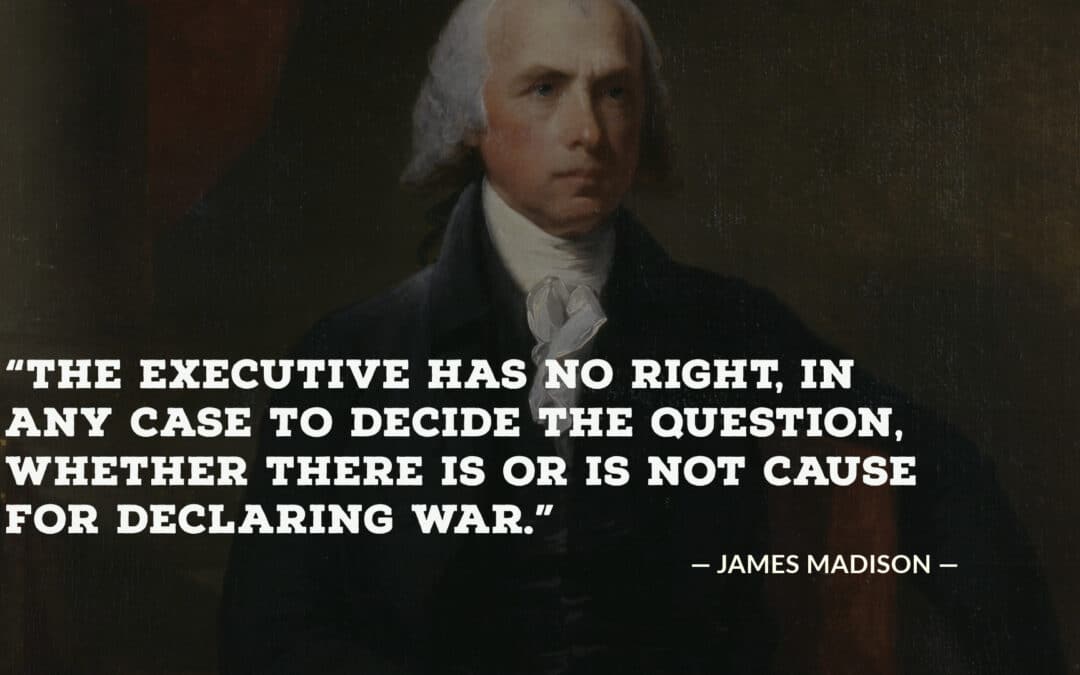
War Powers: The True History of James Madison, the Constitution and the War of 1812
In the early years of the United States under the Constitution, James Madison made one of the most compelling constitutional arguments against unilateral presidential war powers. Through their actions, the first three presidential administrations of Washington, Adams,...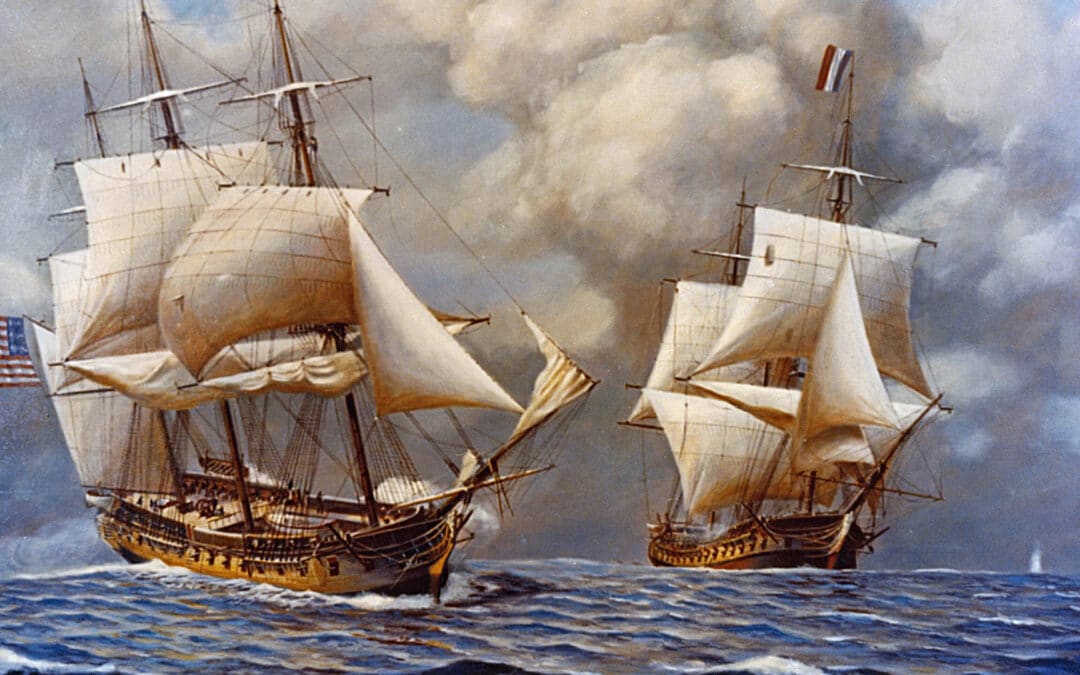
War Powers: The True History of John Adams and the Quasi-War with France
Many people believe presidents have a great deal of authority to make unilateral decisions about war without the approval of Congress. To support this conclusion, they often point to actions taken by early presidents such as John Adams. But this narrative doesn’t...